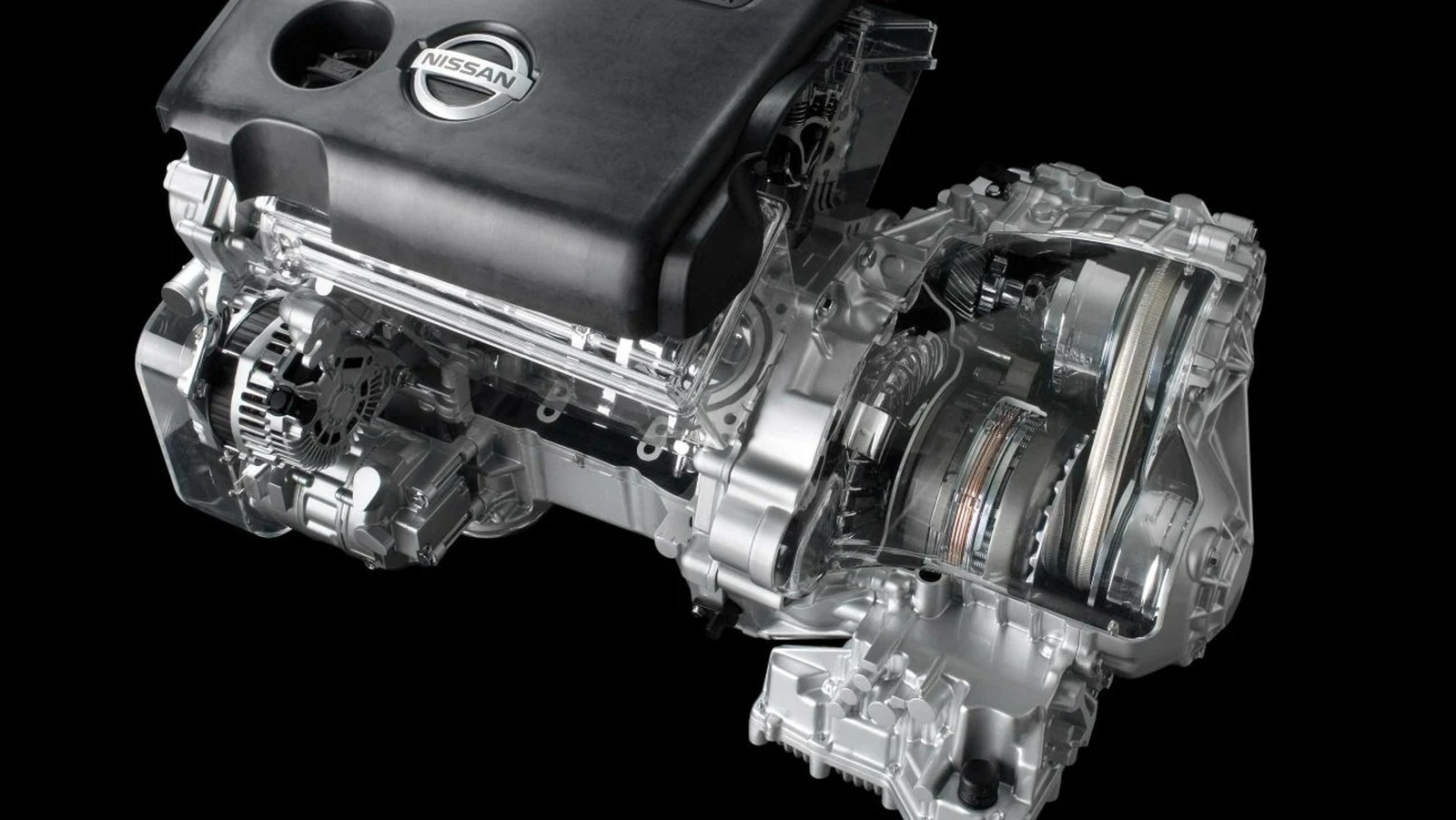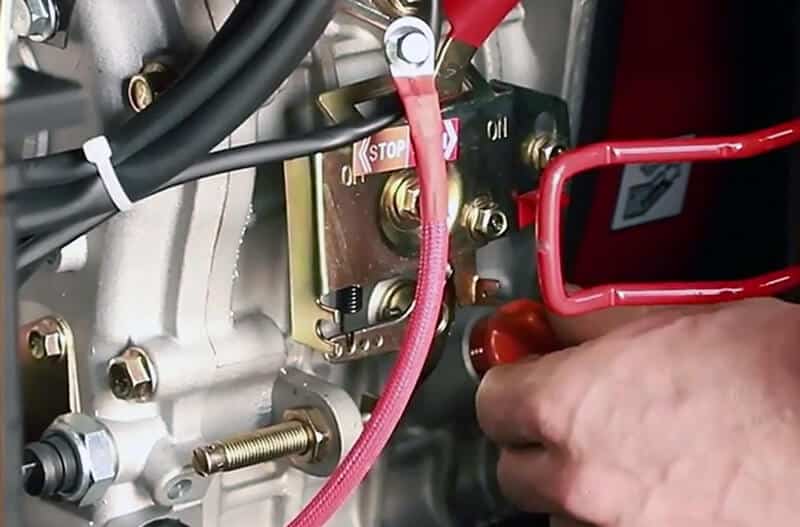Nissan CVT Class Action: Everything Drivers Need to Know
Nissan CVT Class Action: Everything Drivers Need to Know the automobile world is no stranger to controversy, but when it comes to Nissan CVT transmission class action lawsuits, things have gotten especially heated. From coast to coast, Nissan owners have voiced concerns over jerky acceleration, delayed response times, and even complete transmission failure. This extensive blog will walk you through the history, implications, and most up-to-date information surrounding the Nissan CVT transmission class action — all in a tone that’s approachable, informative, and yes, even a little cheerful.

What Is a CVT, Anyway?
Let’s start with the basics. A Continuously Variable Transmission (CVT) is a type of automatic gearbox that doesn’t rely on traditional gear sets. Instead, it uses a belt and pulley system to seamlessly change through a continuous range of gear ratios. The idea is simple: better fuel economy, smoother acceleration, and an overall sleeker driving experience.
When working properly, a CVT can be a beautiful piece of engineering. But as many Nissan owners have discovered, the story isn’t always smooth sailing.
The Origin of the Nissan CVT Problem
Nissan began using CVT technology in its vehicles over two decades ago. It appeared in models like the Altima, Sentra, Rogue, Pathfinder, and Versa. Initially celebrated for fuel efficiency and forward-thinking design, these transmissions began to earn a reputation for premature failure.
Drivers started reporting symptoms such as:
- Shuddering or shaking during acceleration
- Unusual noises such as whining or humming
- Hesitation when trying to accelerate
- Overheating
- Transmission slipping or complete failure
By the mid-2010s, these issues were no longer isolated incidents. The internet exploded with consumer complaints, and the National Highway Traffic Safety Administration (NHTSA) began logging multiple reports. This widespread outcry ultimately led to the emergence of the Nissan CVT transmission class action.
What Sparked the Class Action Lawsuit?
The tipping point came when consumers collectively realized the problem was systemic. One or two transmission failures could be seen as anomalies — but thousands? That’s something else entirely.
The Nissan CVT transmission class action lawsuits accuse Nissan of:
- Equipping vehicles with defective CVT systems
- Failing to adequately warn consumers
- Delaying or denying warranty coverage
- Neglecting to offer meaningful recalls or extended warranties
Consumers claimed that Nissan knew about the issues yet continued to market these vehicles as reliable. For many, the cost of replacement — sometimes exceeding $4,000 — came directly out of their own pockets, as the problems often appeared shortly after warranties expired.
Which Vehicles Are Affected?
If you’re wondering whether your car might be part of the Nissan CVT transmission class action, here are the commonly implicated models:
- Nissan Altima (2013–2018)
- Nissan Sentra (2013–2017)
- Nissan Versa (2012–2017)
- Nissan Rogue (2014–2016)
- Nissan Pathfinder (2013–2014)
- Nissan Juke (2013–2017)
If you own one of these models and have experienced transmission problems, you could be eligible for compensation or repairs.
Legal Outcomes and Settlements So Far
Over the years, several Nissan CVT transmission class action lawsuits have resulted in settlements. Here are some key takeaways from recent legal activity:
1. 2020 Class Action Settlement
In 2020, Nissan agreed to a settlement regarding 2013–2017 Sentra, Versa, and Altima models. The settlement included:
- Reimbursement for prior transmission repairs
- Extended warranty coverage (up to 84,000 miles or 7 years)
- Compensation for vehicle owners who sold or traded their cars at a loss
2. Current and Pending Cases
New class actions are continuously emerging. One prominent lawsuit involves newer Altima and Rogue models. Plaintiffs argue that updated CVT designs still suffer from the same defects.
If your model year falls outside the earlier settlements, don’t fret — you might still be covered by ongoing or upcoming litigation.
What Does This Mean for Drivers?
Understanding your legal rights is essential. If you’ve encountered CVT issues, here’s what you can do:
Keep Records
Maintain detailed records of any vehicle service related to the transmission. This includes repair invoices, dealership communications, and warranty documentation.
File a Claim
If your vehicle is part of an existing settlement, you can typically file a claim online through a dedicated settlement website.
Report to the NHTSA
Even if you’re not planning to sue, reporting your issue to the NHTSA helps track trends and strengthens future consumer cases.
Consult an Attorney
When in doubt, legal experts can assess your case and guide you through the options. Class actions can be complex, but consumer law attorneys often offer free consultations.
Why Did Nissan Stick with CVTs?
Great question. Despite the backlash, Nissan doubled down on its use of CVTs. Why? Because when they work, they’re amazing.
CVTs offer:
- Better fuel economy than traditional automatics
- Fewer parts to fail — in theory
- A smoother driving experience in urban settings
In fact, CVTs are still favored in many hybrid and compact vehicles. It’s not the technology that’s flawed, necessarily — it’s the implementation.
The Human Cost of a Bad Transmission
Behind every Nissan CVT transmission class action is a driver whose life was disrupted. Transmission failures can strand people during long trips, ruin family vacations, or derail a morning commute. And for many, paying for costly repairs is simply not an option.
The class action isn’t just about financial restitution — it’s about holding corporations accountable. Drivers trusted a brand that promised reliability, only to be met with costly breakdowns and corporate indifference.
Can You Still Join a Class Action?
If your vehicle wasn’t part of a previously settled lawsuit, or if you missed a filing deadline, you may still be able to:
- Join ongoing suits
- Participate in newly filed actions
- Pursue individual arbitration or small claims
It’s worth researching current lawsuits or checking with class action settlement sites. Time is of the essence with these cases, as filing windows are often limited.
Tips to Keep Your CVT Healthy
Even if your transmission hasn’t failed, proactive care can prolong its life. Here’s how:
- Change transmission fluid regularly: This is crucial for CVTs, which rely on specialized fluid to function properly.
- Avoid aggressive driving: Hard acceleration and rapid braking can stress the CVT system.
- Watch for early symptoms: Any hesitation, vibration, or unusual noises should prompt a mechanic visit.
- Use certified mechanics: Not all shops are familiar with CVTs — seek out someone with Nissan-specific experience.
Looking Ahead: What Nissan Is Doing Now
In recent years, Nissan has reportedly made updates to its CVT technology to address performance and reliability. Engineers have tweaked software algorithms and improved cooling systems. However, skepticism remains.
Consumer watchdog groups continue to monitor newer models. So far, there’s no clear indication that Nissan has entirely solved the underlying issues that sparked the Nissan CVT transmission class action.
Should You Still Buy a Nissan?
If you’re car shopping and considering a Nissan, don’t panic — not all models and years are affected. However, do your homework:
- Check consumer reviews for your model year
- Review NHTSA complaints
- Ask about any CVT recalls or extended warranties
Buying used? Consider a pre-purchase inspection by a certified mechanic. It’s a smart investment that can save thousands.
The Nissan CVT transmission class action is more than just a legal issue — it’s a cautionary tale for car manufacturers and consumers alike. It highlights the importance of corporate transparency, engineering accountability, and the power of collective consumer action.
For drivers affected by faulty CVTs, the path to justice can be long — but progress is being made. Whether you’re dealing with an ongoing issue or just want to stay informed, you now have the knowledge to make empowered choices about your vehicle and your rights.
Stay alert. Stay informed. And keep those transmission fluids fresh. Because peace of mind on the road is worth shifting gears for.







